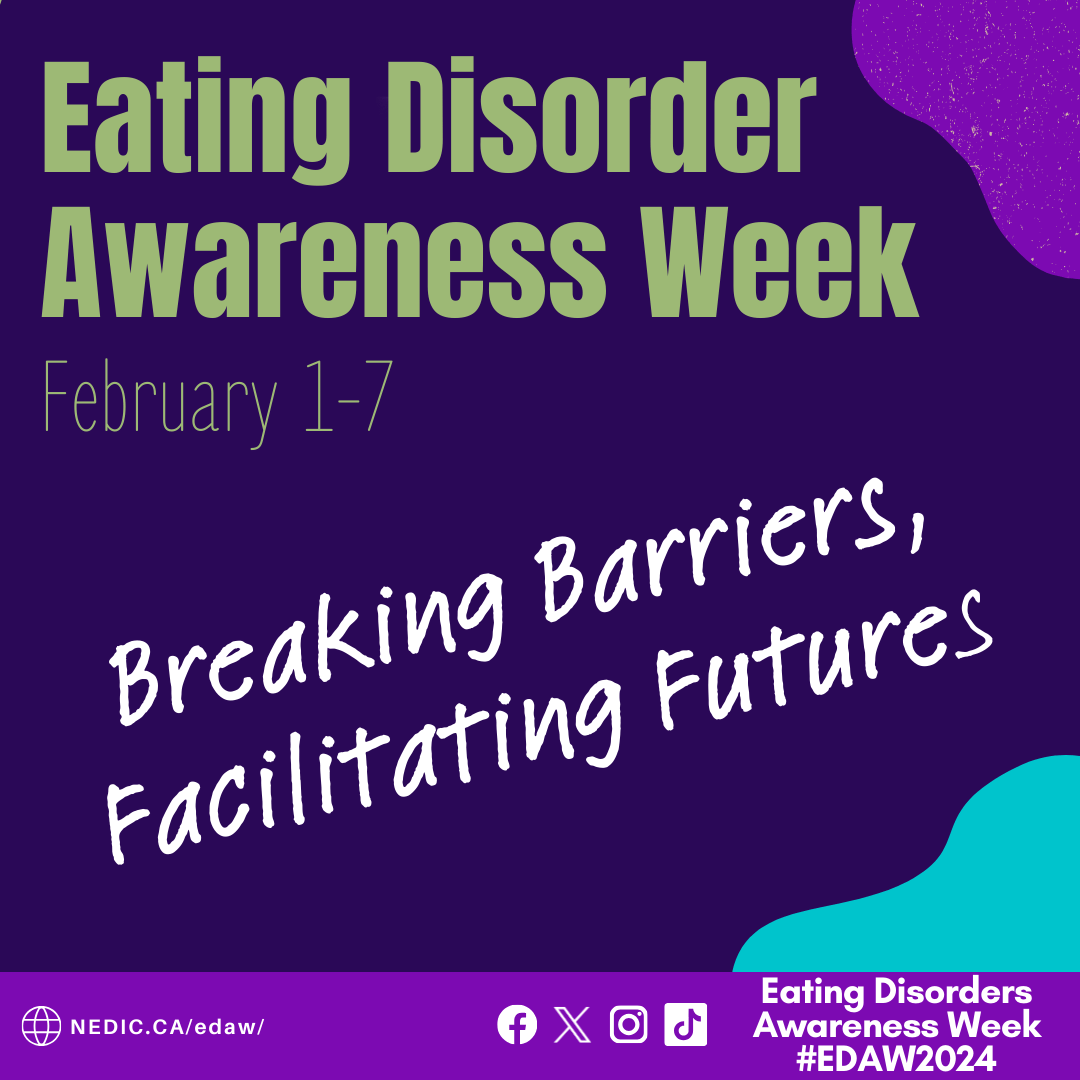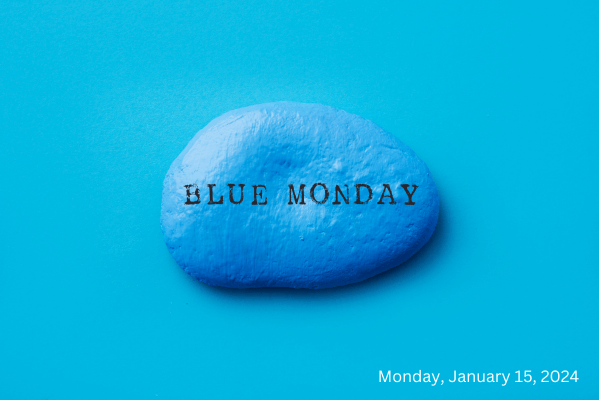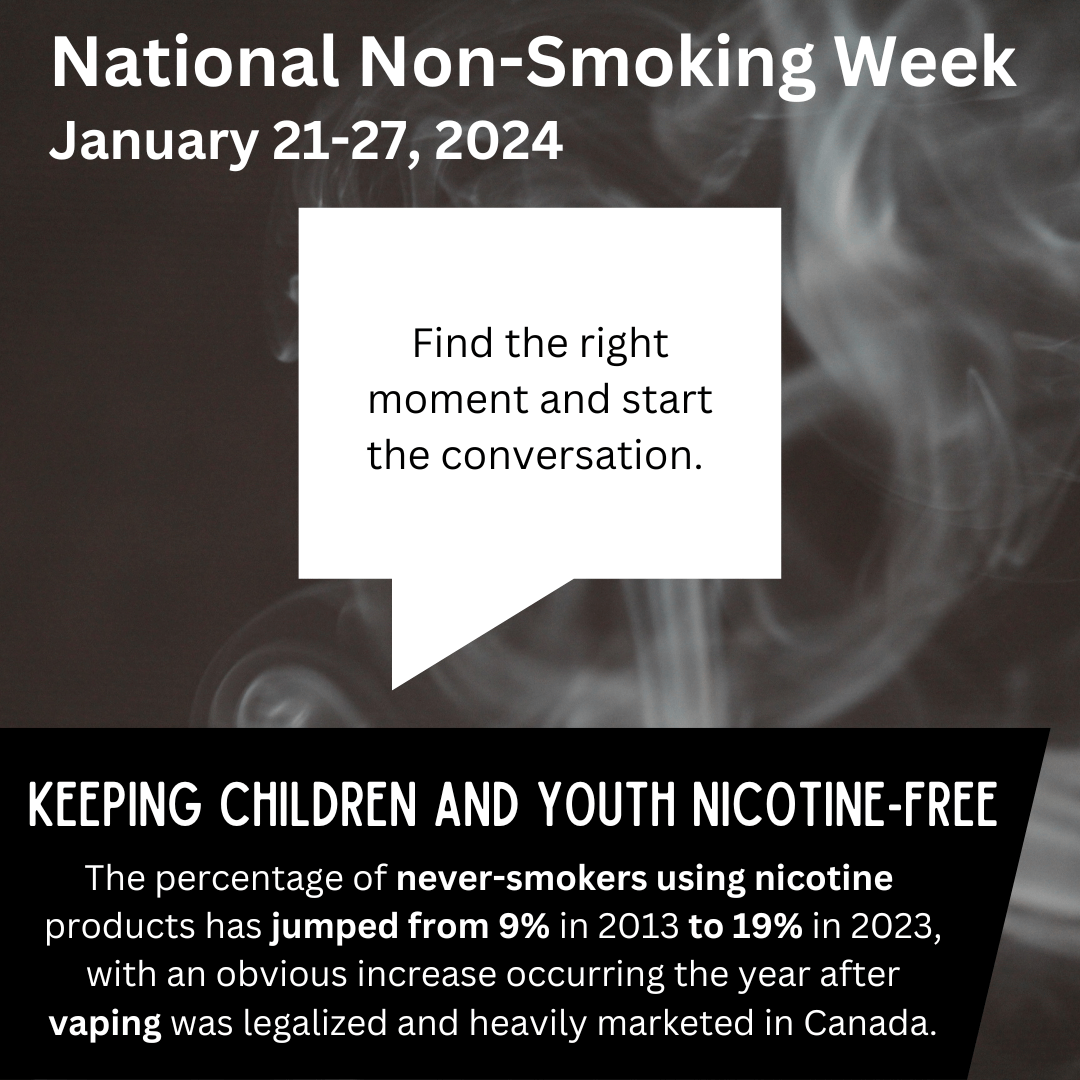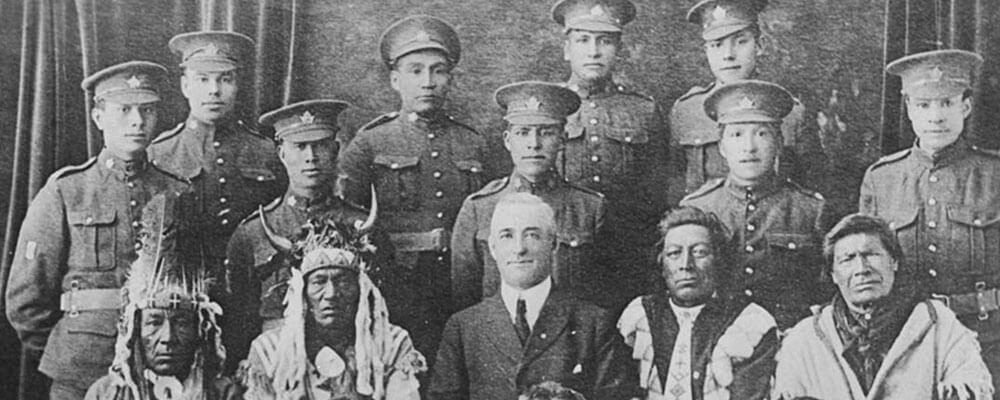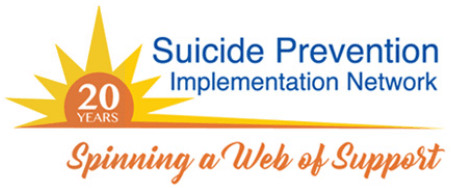Sexual Health Week | February 12-16, 2024
What is Sexual Health Week?
Sexual Health Week is Action Canada for Sexual Health and Rights’ signature public health campaign. For over 20 years, this time has been dedicated to raising awareness on key issues in sexual health, education, and health care.
This week is a celebration of people’s amazing work to improve sexual health access and services across Canada and worldwide! Together, we’re highlighting essential resources and programs, all building towards improving sexual health outcomes for everyone.
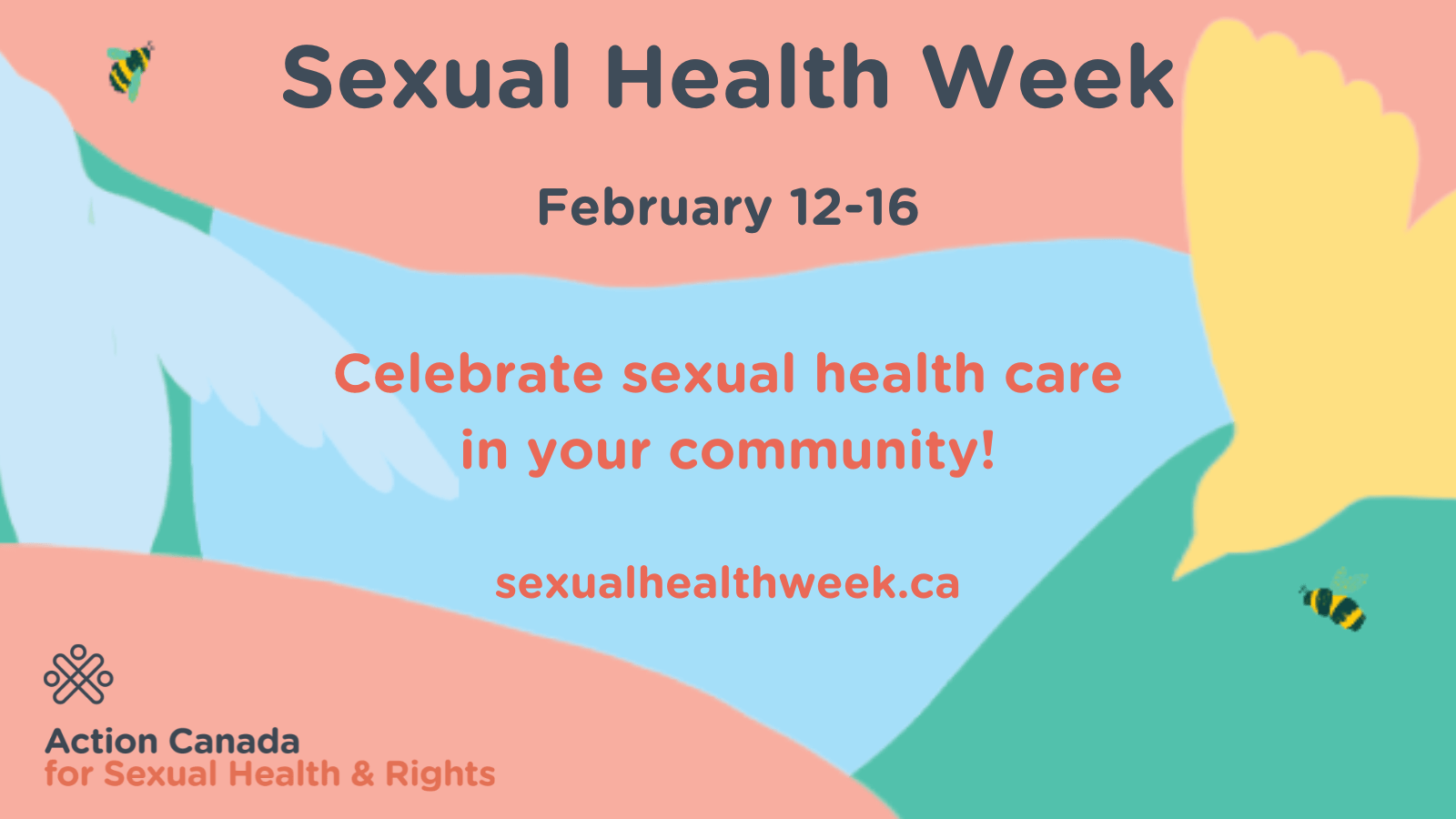
Sexual Health is for Everyone
Sexual health is an important part of our overall well-being, just like physical and mental health. Sexual health is connected to more than just pregnancy or sexually transmitted infections – sexual health includes things like how we feel about our bodies, consent, social relationships, pleasure, our identities, who we’re attracted to, and more!
Since sexual health is connected to so many aspects of our lives, there are many different sexual health support services in our communities! Sexual Health Week is a chance for all of us to celebrate the amazing services, resources, and organizations working to improve sexual health outcomes so we can all live fuller, healthier, and happier lives.
From February 12-16, 2024, we invite everyone to talk about how sexual health is important in our lives. You can participate by getting STBBI tested and learning about a new sexual health topic, for example, a new birth control method. You can learn how to communicate about your feelings, explore your sexuality, or maybe you want to learn more about how to give consent and listen for consent. Perhaps you are a parent or guardian who wants to start having conversations with your teen about sexuality. Whether you are 17 years old and learning about sex for the first time or 67 years old and entering the dating world again, there is something for all of us to learn! This week is a chance to tell people about the tools and groups that help us better understand sexual health and help us envision a healthier, inclusive, sex-positive future for everyone – because sexual health is for everyone!
If you are interested in STBBI testing, please check out the following locations or contact your local public health nurse or primary care provider:
- Brandon: Helping Hands – 111 7th Street, Feb. 14 from 1:00 pm-4:00 pm
- Swan River: Legion Room 119 6th Ave. North (located at the back of the building) Feb. 14, 1:00 pm-4:00 pm
- Dauphin: Dauphin Friendship Centre – 210 1 Ave. NE, Feb. 16, 1:00 pm-3:00
You can find your local public health nurse or primary care provider by visiting our website.
Adapted from https://www.actioncanadashr.org/campaigns/sexual-health-week-2024


